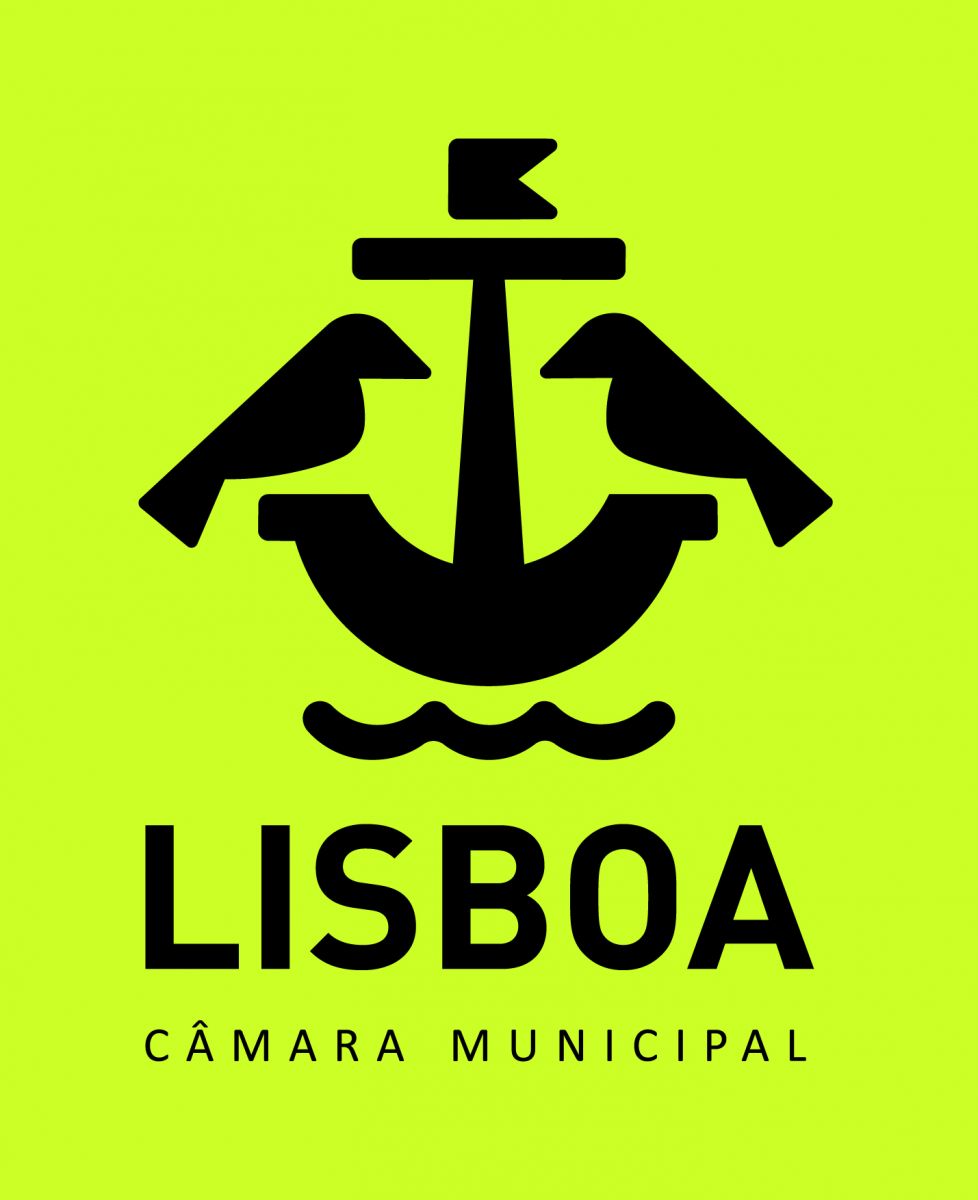Meeting
The Colonial Continuity in the Mediterranean
Bahia Mahmud Awah
Juan Carlos Gimeno Martín
Juan Inacio Robles Picón
Maria Angeles Castaño Madroñal
March 11, 2016, 16h00
Centro de Informação Urbana de Lisboa (CIUL)
Framework
The 'other' side so nearby, the southern shore of the Mediterranean, still entails various colonial episodes, as this discussed here. The dominant historical fiction insists on linking the Mediterranean to Europe, identifying it as the birthplace and centre of Europe's historical roots and, in parallel, of modern thought. This interpretation of universalising nature has been problematised in the light of decolonial prospects, placing the focus on the persistence of colonial situations in the region, expanding the focus of social analysis to the violence of colonial relations following centuries of epistemicides. This meeting, involving colleagues that, in Spain, have been working on territory and cultural and political practices of resistance and self-determination, will focus on the continuing violence of the colonial relationship in the Western Sahara territories.
Bio note
Maria Angeles Castaño Madroñal is Professor at the University of Seville and Group member of the research centre Estudio de las Identidades Socioculturales en Andalucia (Geisa).she holds a Ph.D. in Social Anthropology and has worked and published on gender and migration, interculturality, racism and anti-racism. Her research on Ecuadorian and Moroccan migrant women in Spain is of particular relevance to the issues under discussion in the second semester of the course, an important contribution to students.
Bahia Mahmud Awah is a Sahrawi author, poet and journalist. Currently, he collaborates as a guest lecturer at the Autonomous University of Madrid, with a research project on Sahrawi poetry and memory in Western Sahara literature. In 2001, he founded, in Madrid, the cultural information project Poemario por un Sahara Libre. His research work on Sahrawi literature and on colonial and post-colonial relations of Spain with the Western Sahara is of great relevance to the issues raised in the doctoral programme. His collaboration with the Programme will be particularly relevant in that context, and bring a usually marginalized discussion into the debate on colonial/post-colonial issues.
Juan Inacio Robles Picón is professor at the Department of Social Anthropology of the Autonomous University of Madrid. It is a member of the NGO Antropología en Acción and the Grupo de Antropologia Audiovisual do Instituto Madrileño de Antropología. Researcher at the Grupo de Estudios Coloniales: Sáhara Occidental working on Audiovisual Anthropology as a research technique and means of communication and on the Andean contexts in Latin America and the Western Sahara-Mauritania, Africa. His contribution will be especially relevant to students developing their thesis proposals on cinema or with interest in audiovisual methodologies support.
Juan Carlos Gimeno Martín holds a Ph.D. in Philosophy from the Autonomous University of Madrid (UAM) and is Tenured Professor of Anthropology at UAM. He was director of the Department of Social Anthropology and Spanish Philosophical Thought (UAM) between 2006-2010. He is currently principal investigator of the project I+D+i (2013-2015): Consolidación y declive del orden colonial español en el Sahara Occidental (Ifni-Tarfalla-Sahara: 1956-1976).
Activity within the Democracy, Citizenship and Law Research Group (DECIDe) and the Doctoral Programme Postcolonialisms and Global Citizenship
.jpg)

